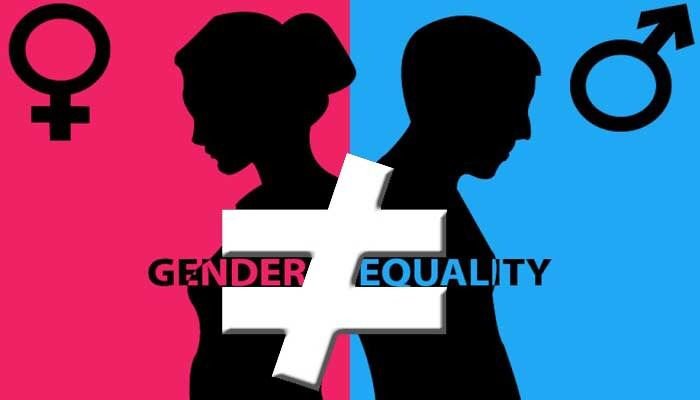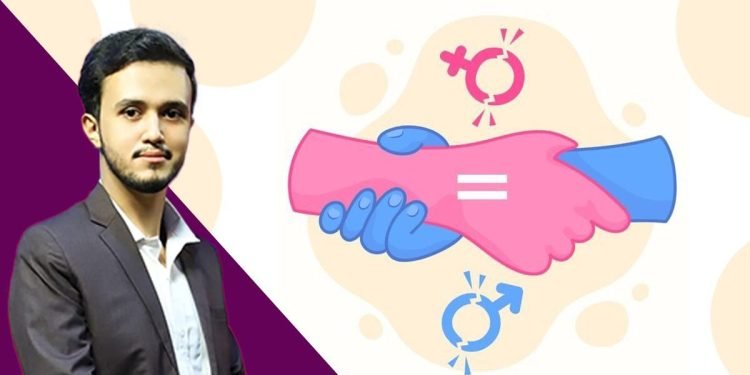
Gender equality is not only a fundamental human right, but a necessary foundation for a peaceful, prosperous and sustainable world. There has been progress over the last decades, but the world is not on track to achieve gender equality by 2030. The Covid-19 pandemic has created severe social and economic consequences, which have created a bleak situation across the globe. Progress in many areas, including time spent on unpaid care and domestic work, decision-making regarding sexual and reproductive health, and gender-responsive budgeting, is falling behind.
Within households, more women have suffered from domestic violence during lockdown and were also more likely to catch the virus as they are prime caregivers for children and other adults. Although more women like Jacinda Ardern in New Zealand and Angela Merkel in Germany were praised worldwide for their response to Covid-19, within the political sphere more decisions regarding women’s issues are still made by men.
Within Pakistan, the push towards gender equality, especially within rural areas, is often met with severe backlash due to accusations such as promoting ‘westernisation’. During Covid-19, more women were fired from their jobs and lost their income while also facing domestic violence at home. The issue of girls’ education also remains prevalent as more young girls are prevented from going to school and later face significant difficulties when looking for marriage proposals, since prospective in-laws are often looking for well-educated girls for their sons. Women are also expected to hold a greater burden within household chores and for the upbringing of children. More parents in rural areas should be educated on the advantages of girls’ education for women to become better mothers. As Ruth Badger Ginsberg said: “Women will only have true equality when men share with them the responsibility of bringing up the next generation.”
However, with the age of digitisation, there are more chances for women to educate themselves and raise awareness about their rights as Rimal Rizwan, a student from Faculty of Media and Mass Communication from UCP, states:
“Most of the women in Pakistan are now able to raise their voice, to have their own opinion about anything through digital platforms.”
She explained that women are about to learn about their rights through these platforms. They can also seek an independent living through establishing online businesses, which is a way to improve their financial security. Rizwan also stated she was hopeful that in the future, more Pakistani men and women would be treated equally.


